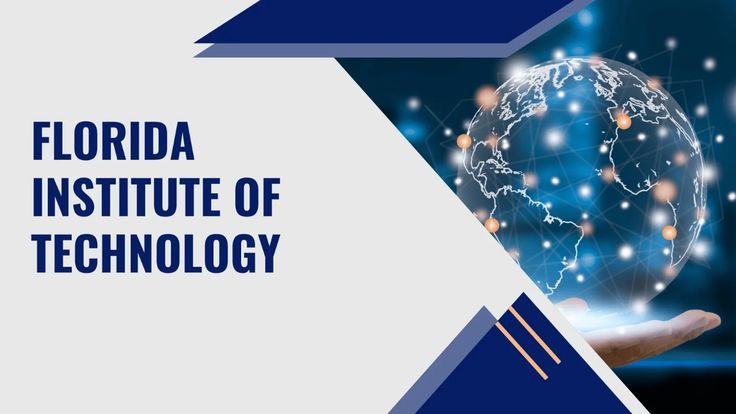Roger 1991
32 posts
Jul 06, 2024
9:00 AM

|
The Rapid Evolution of Technology
The pace of technological advancement in recent years has been nothing short of extraordinary. From artificial intelligence to quantum computing, the landscape of what is possible is continually being redefined. The digital age has ushered in an era where technology is deeply intertwined with every aspect of our lives. This article delves into the most significant Advance Technology Trends that are shaping our present and future, examining how they are revolutionizing industries, enhancing human capabilities, and presenting new challenges and opportunities.

Artificial Intelligence and Machine Learning
Artificial intelligence (AI) and machine learning (ML) stand at the forefront of technological innovation. AI's ability to process vast amounts of data and learn from it is transforming industries ranging from healthcare to finance. Machine learning algorithms are being used to develop predictive models, automate complex tasks, and provide personalized recommendations. In healthcare, AI is enabling early disease detection, personalized treatment plans, and advanced medical research. Financial institutions are leveraging AI to detect fraudulent activities, assess risks, and optimize trading strategies. As AI and ML continue to evolve, their applications are expected to become even more pervasive and sophisticated, driving efficiency and innovation across all sectors.
Quantum Computing: The Next Technological Leap
Quantum computing represents a paradigm shift in computational power. Unlike classical computers, which use bits to process information, quantum computers use quantum bits or qubits. This allows them to perform complex calculations at unprecedented speeds. Quantum computing has the potential to revolutionize fields such as cryptography, materials science, and drug discovery. For instance, quantum algorithms could crack encryption codes that are currently considered unbreakable, posing both opportunities and challenges for cybersecurity. In materials science, quantum simulations can lead to the discovery of new materials with unique properties. The pharmaceutical industry could benefit from quantum computing by accelerating the development of new drugs through more accurate molecular simulations. Despite its immense potential, quantum computing is still in its infancy, with many technical hurdles to overcome before it becomes mainstream.
The Internet of Things (IoT): Connecting Everything
The Internet of Things (IoT) is another significant trend shaping the future. IoT refers to the network of interconnected devices that communicate and share data with each other. This technology is transforming homes, cities, and industries by enabling smarter and more efficient systems. In smart homes, IoT devices can control lighting, heating, and security systems, providing convenience and energy savings. Smart cities use IoT to manage traffic flow, reduce energy consumption, and enhance public safety. In industrial settings, IoT enables predictive maintenance, optimizing production processes, and improving supply chain management. The proliferation of IoT devices also raises concerns about data privacy and security, highlighting the need for robust cybersecurity measures.
Blockchain Technology: Beyond Cryptocurrencies
Blockchain technology, initially popularized by cryptocurrencies like Bitcoin, is now finding applications across various industries. At its core, blockchain is a decentralized ledger that records transactions in a secure and transparent manner. This technology is being used to enhance supply chain transparency, streamline financial transactions, and secure digital identities. In supply chain management, blockchain can track products from their origin to the consumer, ensuring authenticity and reducing fraud. Financial institutions are exploring blockchain for faster and more secure cross-border payments. Digital identity solutions based on blockchain can provide individuals with greater control over their personal data. As blockchain technology matures, it is expected to play a crucial role in building trust and transparency in the digital economy.
Augmented Reality (AR) and Virtual Reality (VR): Immersive Experiences
Augmented Reality (AR) and Virtual Reality (VR) are transforming the way we interact with digital content. AR overlays digital information onto the physical world, while VR creates immersive digital environments. These technologies have applications in entertainment, education, healthcare, and beyond. In entertainment, AR and VR provide new ways to experience games, movies, and live events. Educational institutions are using VR to create immersive learning experiences, allowing students to explore historical sites or conduct virtual science experiments. In healthcare, AR is being used for surgical planning and training, while VR can aid in pain management and physical therapy. As AR and VR technologies continue to advance, they promise to create even more engaging and transformative experiences.
5G Technology: The Backbone of Connectivity
The rollout of 5G technology is set to revolutionize connectivity. With its high-speed, low-latency capabilities, 5G is poised to enable a new wave of innovations. This technology will support the proliferation of IoT devices, enhance mobile broadband experiences, and enable new applications such as autonomous vehicles and smart cities. The increased bandwidth and reliability of 5G networks will facilitate real-time data transmission, opening up possibilities for remote surgery, augmented reality, and other data-intensive applications. However, the deployment of 5G also requires significant infrastructure investments and poses challenges related to spectrum allocation and cybersecurity.
In conclusion, the Advance Technology Trends of today are reshaping our world in profound ways. From AI and quantum computing to IoT and biotechnology, these innovations are driving progress and opening up new possibilities. As we embrace these technologies, it is essential to remain mindful of the ethical and societal implications, striving to create a future where technology enhances the human experience and addresses global challenges.
|